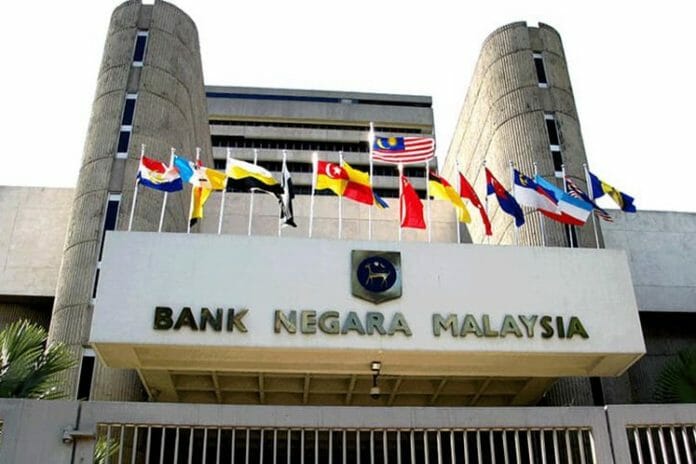Fitch Solutions Country Risk & Industry Research continue to expect Bank Negara Malaysia to hike its overnight policy rate by 50 basis points (bps) to 2.25% in 2022, to rebuild policy buffers and maintain ringgit stability maintain its real interest rate differential over the US, which is now likely to begin hiking in 2022 rather than in 2023.
In a note, Fitch said, the economy is likely to post a robust recovery in 2022, for which we forecast 5.5% real GDP growth, providing the central bank with sufficient policy room to normalise its monetary policy.
It said that Inflationary pressures are showing signs of picking up and while the Bank Negara Malaysia does not have a numeric target for inflation, it is still mandated to maintain price stability.
It said that while inflationary pressures are building; while the BNM does not have a numeric inflation target, it is still mandated to maintain price stability.
It said that it continues to see some upside risks if major central banks around the world were to tighten monetary policy even quicker than we currently expect due to growing underlying inflationary pressures.
On January 20, 2022, BNM decided at its monetary policy committee meeting to hold its benchmark OPR at 1.75%. In the statement accompanying the decision, BNM highlighted uncertainties surrounding the global economy noting that while the ‘global economy continues to recover’, risks such as ‘the emergence of new variants of concern, risks of prolonged global supply disruptions, and risks of heightened financial market volatility amid adjustments in monetary policy in major economies’, remained.
The government expects growth to range between 5.5% and 6.5% in 2022, against our own forecast of 5.5% growth, and the stronger growth picture will provide the central bank space to hike to head off inflationary pressures and rebuild policy space.
On Risks, It said that risk to its interest rate forecast are slightly tilted to the upside. A surge in inflation could prompt the central bank to accelerate the rate hiking cycle in 2022 to ensure positive real interest rates and rebuild policy buffers in anticipation of global monetary policy tightening.
It said that this contingency becomes more likely if major central banks accelerate their rate hiking cycle, perhaps in response to a swifter increase in inflation than they currently anticipate.
Although there remains the possibility of another negative shock to the economy from an emergence of another variant of concern that causes greater strain on the healthcare sector, the high vaccination rates should prevent









